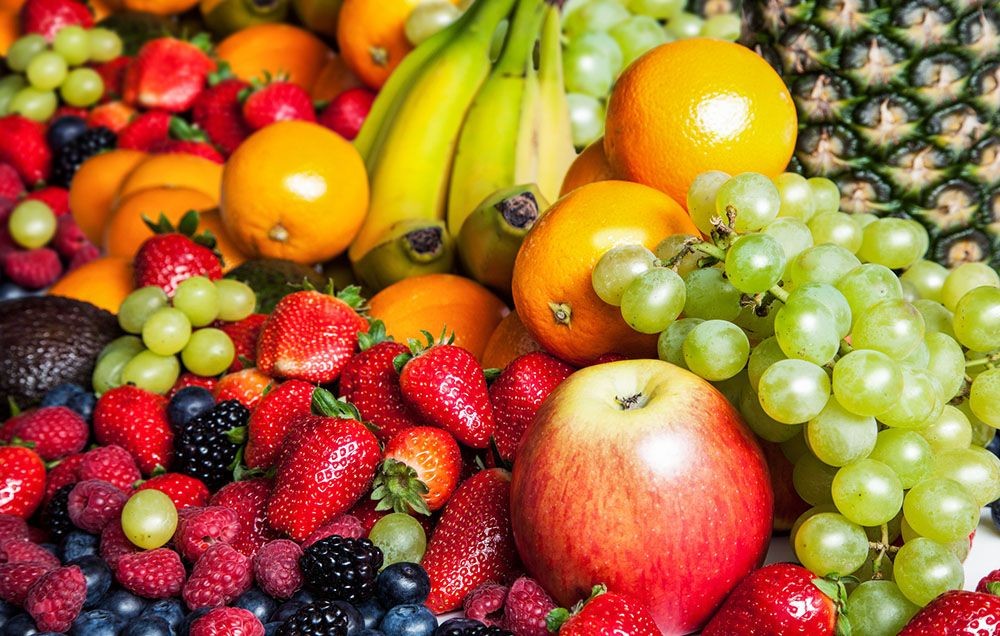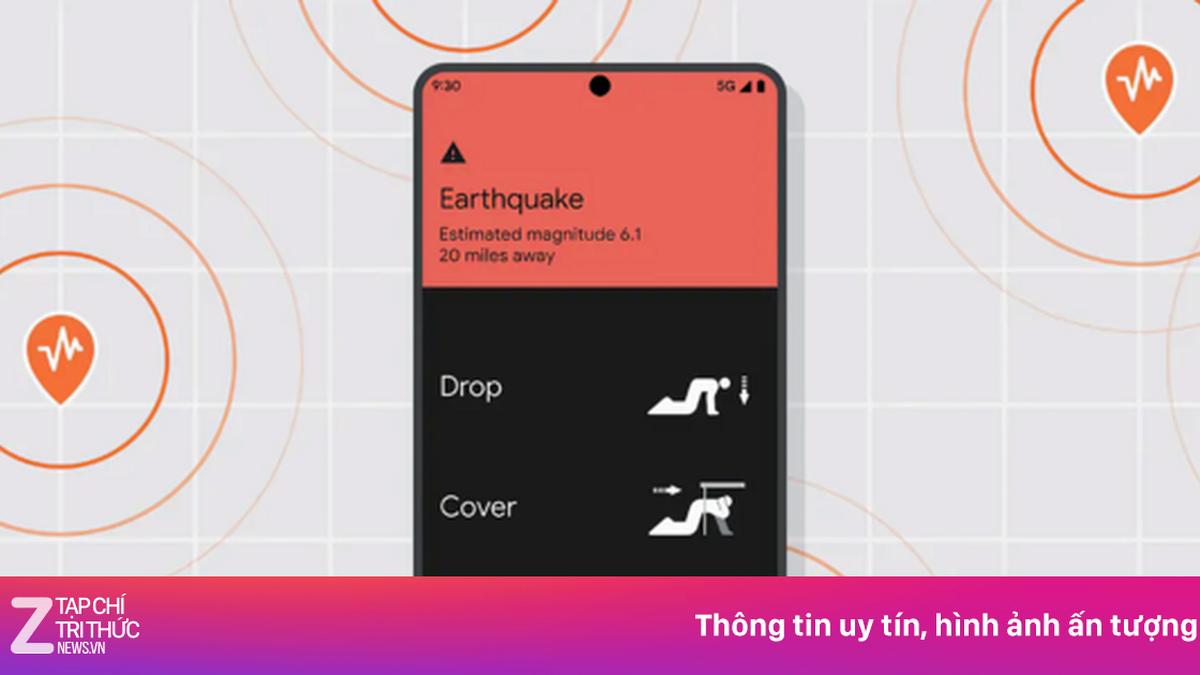Vitamin B complex, iron, vitamin D or calcium... help balance hormones and prevent anemia for women over 30 years old.
 |
| Green leafy vegetables, fruits, dried beans, peas... are very good for women. (Source: Getty Images) |
Benefits of vitamins for women over 30
Support hormonal balance
Women's hormones rely heavily on vitamins and minerals. Not only that, they are also made from these nutrients.
Therefore, you need to supplement enough of these substances so that hormones can function normally.
Prevent anemia due to menstruation and childbirth
Every month, a woman’s body loses a lot of nutrients during her menstrual cycle. Childbirth is also a very stressful period for the female body.
Therefore, supplementing these lost vitamins and minerals is essential.
Replenish depleted vitamins and minerals
Women's bodies lose nutrients due to birth control pills, certain medications, stress in life, exercise, food choices...
That's why having a healthy diet and taking daily vitamin supplements is important.
8 essential vitamins and minerals for women over 30
B complex vitamins (especially B9 and B12)
B vitamins play an important role in women's metabolism. In addition to regulating energy, these vitamins also help form blood.
B complex vitamins also help regulate brain functions and are important in preventing depression.
Doctors often recommend folic acid (B9) during early pregnancy. This vitamin essentially helps the body make new cells. Getting enough folic acid can prevent serious birth defects in the baby's brain and spine.
Good food sources for women include green leafy vegetables, fruits, dried beans, peas, nuts, and whole grains. Even if you eat these products regularly, a good folic acid supplement is a must.
B vitamins are water-soluble, which means anything the body doesn't use is easily lost through fluids.
For that reason, you need to regularly supply these vitamins.
Also, make sure you include foods like eggs, milk, meat, fish, dark green vegetables, kale, and spinach in your diet.
Iron
Iron is one of the key minerals essential for women's health, especially during the fertile period.
As women, we lose iron during our menstrual cycle, so it is important that we eat enough iron-rich foods.
Anemia is a common iron deficiency in women. This occurs due to poor diet.
According to the World Health Organization (WHO), 30% of non-pregnant women are anemic and 40% of pregnant women are anemic. Anemia causes fatigue, insomnia, headaches, and overall loss of energy.
Other symptoms include hair loss and low energy.
Women often have low iron levels, so it's important to see your doctor and follow a healthy diet that includes enough iron.
You can add iron-rich food sources to your diet such as spinach, liver, beans, red meat, quinoa, and turkey. Take an iron supplement if your levels are not in the 40-70 mcg/L range.
Vitamin D
This vitamin is called the sunshine vitamin because you can get vitamin D from exposure to sunlight. Vitamin D acts as a hormone and regulates most body functions. It is essential for brain, muscle, bone, and tooth health.
However, compared to other nutrients, vitamin D deficiency is unlikely. The best sources of vitamin D, besides sunlight, are eggs, dairy products, meat, poultry, as well as supplements.
Omega-3
Omega-3s (EPA and DHA) are considered essential fatty acids. Omega-3s help fight depression and anxiety. They also improve eye health and reduce heart disease and chronic inflammation.
Because the body cannot produce enough on its own, we need to get omega-3s from food or supplements.
Salmon and other cold-water fish are rich in omega-3s. You can also find them in avocados, olive oil, and nuts. To ensure you get enough omega-3s, doctors often recommend taking supplements.
Calcium
Calcium is important for the health of bones, muscles and nerves in humans in general, and women in particular. It also helps protect against some cancers, diabetes and high blood pressure.
However, if you avoid dairy products, you may be at higher risk of calcium deficiency such as osteoporosis. That is why every woman of childbearing age should get enough calcium.
The good news is that you can get calcium from calcium-rich foods like milk, green vegetables (broccoli), and some calcium-fortified products.
However, calcium supplements can be risky. Excess calcium has been linked to increased kidney stones, hardening of the arteries, and heart disease. That's why experts recommend taking calcium supplements with vitamin K, which helps prevent blood clots.
Magnesium
Magnesium supports calcium in the blood, bones, muscles, and nerve health. Diets poor in this mineral can lead to magnesium deficiency.
Additionally, eating too many processed foods can make it difficult for your body to absorb magnesium. You may experience muscle cramps, unexplained fatigue, mood swings, high blood pressure, irregular heartbeat, nausea, and muscle weakness.
Make sure you eat foods like beans, nuts, whole grains, and green leafy vegetables to get the magnesium your body needs.
Prenatal vitamins
Doctors often prescribe prenatal vitamins for pregnant women. But you don't have to wait until you're pregnant to take them.
These vitamins are rich in folic acid and iron because they are important for your baby's development. Getting extra of these nutrients will help your baby stay healthy.
These vitamins are also good sources of zinc, copper, iodine and vitamin D.
Probiotics
Technically, probiotics are not vitamins or minerals, but they play an important role in human health.
Probiotics are essential for gut health, especially since our guts are constantly exposed to harmful substances and agents.
An unhealthy gut slows down the body's digestion process. Therefore, consuming probiotics can stimulate healthy bacteria in the gut.
Women over 30 often experience gut health problems such as constipation, food sensitivities, allergies, and diarrhea.
Probiotics are found in yogurt, kefir, and other fermented products. You can also find them in supplement form.
Source



























![[Photo] National Assembly Chairman Tran Thanh Man visits Vietnamese Heroic Mother Ta Thi Tran](https://vphoto.vietnam.vn/thumb/1200x675/vietnam/resource/IMAGE/2025/7/20/765c0bd057dd44ad83ab89fe0255b783)





































































Comment (0)